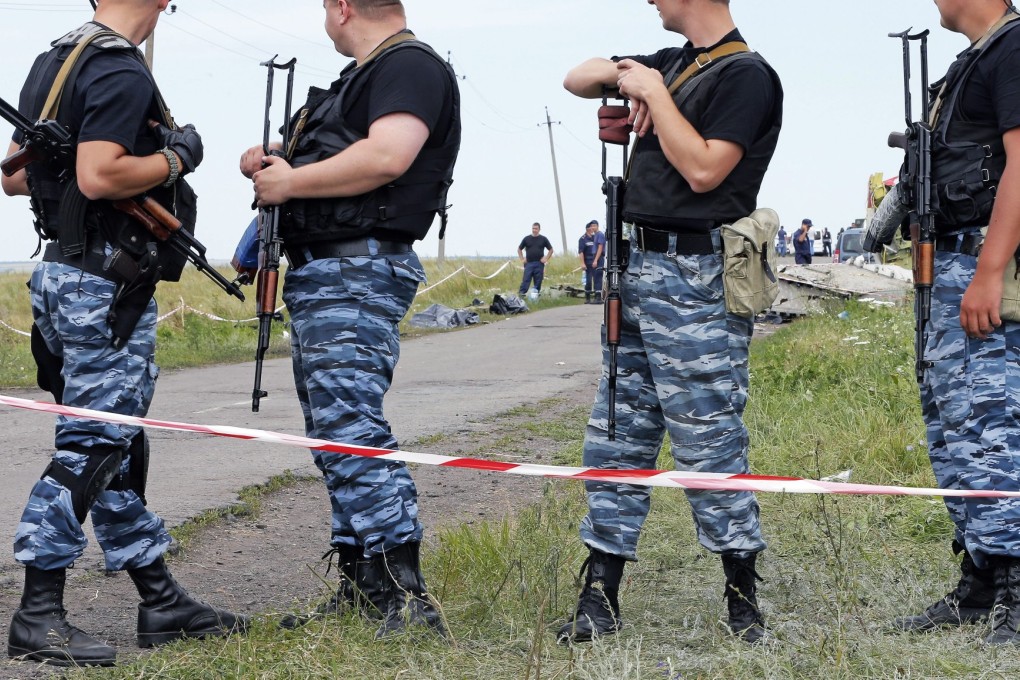MH17 crash a wake-up call to stop the supply of weapons to insurgents
Hari Kumar says the MH17 crash underlines the need to stop rebel groups with the right connections acquiring powerful weapons

The crash of a Malaysian passenger jet over eastern Ukraine has brought into focus the horrors of a conflict in which powerful countries play proxy games. From all indications, Flight MH17 was hit by a land-based missile and the blame game is now on between the West and Russia as to who was responsible for the tragedy.
US President Barack Obama and other Western leaders have blamed Moscow for supplying heavy weapons to the rebels who are battling the government in Kiev. But claims and counterclaims by different sides are clouding the picture.
Ukrainian officials claim they have evidence that rebels got the missiles from Russia. The Kremlin, so far, has denied helping or arming the rebels despite evidence of their overt and covert role in the conflict. Moreover, reports coming from the conflict area had spoken of rebels seizing Ukrainian arms and bases. Given this, the task of proving the missiles came from Russia is going to be difficult.
Providing heavy arms to insurgent groups when politics suits you is a double-edged sword. And both the US and Europe have done this over time.
The introduction of heavy weapons has changed the course of some wars, notably the supply of Stinger missiles by the US to mujahideen fighters in Afghanistan. Some analysts point to that as the biggest factor in the Soviet army's defeat in Afghanistan. After the Soviets withdrew, the US government spent millions trying to buy back those missiles.
The case of Libya is another example. European nations, notably Britain and France, were active in their support of rebels fighting Muammar Gaddafi. The country is still awash with weapons, and battles between different armed groups are pushing the country towards anarchy.